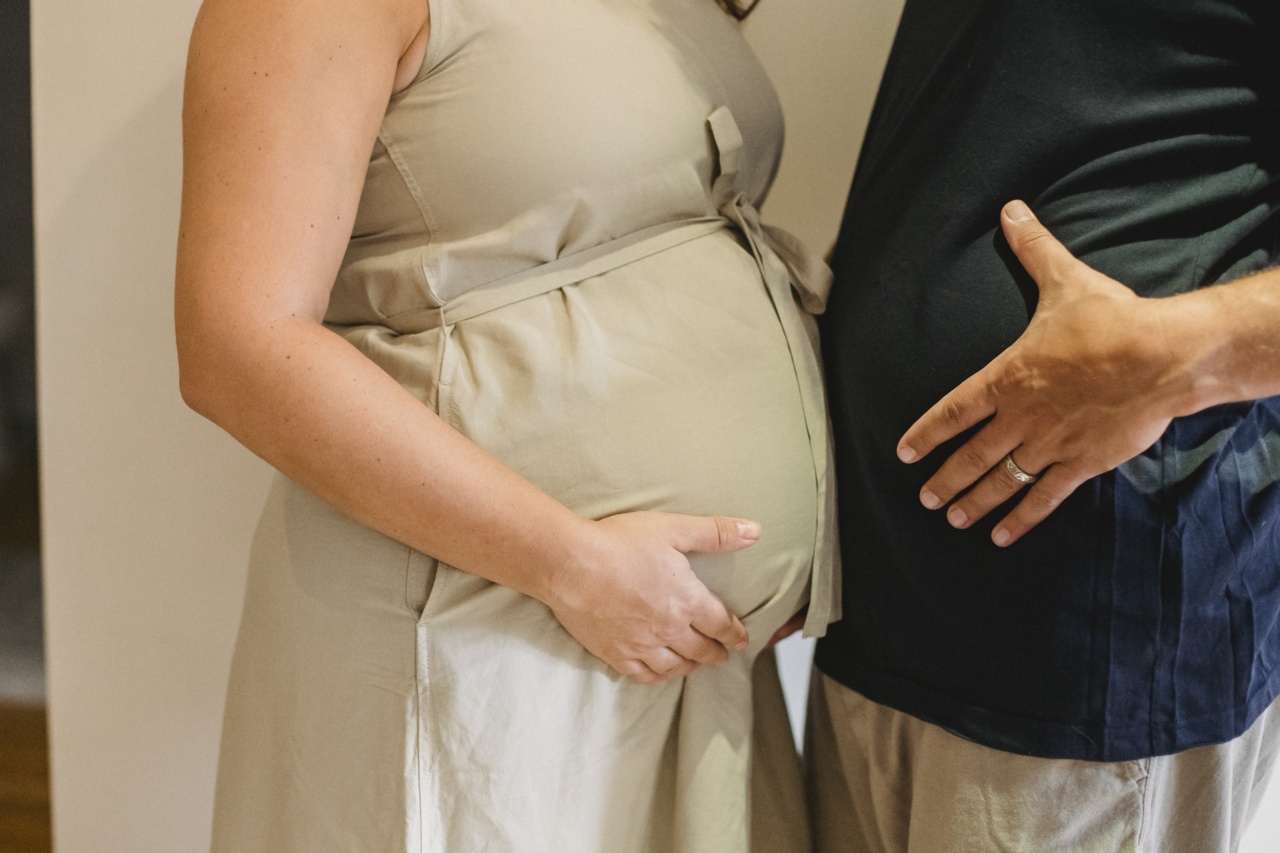One of the most common questions that women ask is whether it is possible to be pregnant while still having a regular period. Many women assume that if they are experiencing bleeding, then pregnancy is not a concern. However, this is not always the case.
In some instances, women may indeed have a period and still be pregnant.
Understanding the Menstrual Cycle
Before delving into whether or not it is possible to be pregnant while having a period, let’s first understand the menstrual cycle. The menstrual cycle is an intricate process that occurs in a woman’s body each month.
It involves the release of an egg from the ovaries, which then travels down the fallopian tube in readiness for fertilization. If fertilization does not occur, the thickened lining of the uterus sheds, causing bleeding, i.e., the menstrual period.
Normal Periods vs. Implantation Bleeding
A normal menstrual period involves the shedding of the uterine lining, which is why bleeding occurs. However, sometimes women experience what is known as implantation bleeding.
This is bleeding that occurs when a fertilized egg implants itself into the uterine wall.
Implantation bleeding is typically different from a regular period. It is often lighter and shorter in duration, and the flow is not as heavy.
The color of the blood may also differ from a regular period, often appearing pink or brown instead of bright red.
Can You Be Pregnant and Still Have a Period?
While it is generally uncommon, it is indeed possible for women to be pregnant and still experience bleeding that resembles a period. This is known as “pregnancy bleeding” or “pregnancy spotting.”.
When a fertilized egg implants itself into the uterine lining, it can cause some minor bleeding. This can be mistaken for a period by some women, especially if the bleeding resembles their regular menstrual flow.
However, it’s important to note that pregnancy bleeding is generally lighter and shorter than a normal period.
Causes of Bleeding During Pregnancy
Aside from implantation bleeding, there could be other reasons for bleeding during pregnancy. Some common causes include:.
- Implantation bleeding: As mentioned earlier, when the fertilized egg attaches to the uterus lining.
- Cervical changes: Increased blood flow to the cervix during pregnancy might cause slight bleeding, especially after sexual intercourse.
- Subchorionic Hemorrhage: This occurs when the pregnancy sac separates from the uterine wall, leading to bleeding.
- Ectopic pregnancy: In rare cases, a fertilized egg implants itself outside of the uterus, usually in the fallopian tubes. This can cause bleeding and is a medical emergency.
- Miscarriage: Unfortunately, bleeding can also be a sign of a miscarriage. It is important to consult a healthcare provider if you experience bleeding during pregnancy.
When to Seek Medical Advice?
If you are unsure about whether you are experiencing a regular period or pregnancy bleeding, it is always best to consult with a healthcare professional.
They can help determine the possible causes of the bleeding and provide proper guidance based on your specific situation.
If you suspect you might be pregnant, it is advisable to take a home pregnancy test or visit your healthcare provider for confirmation.
This is especially important if you are sexually active and have missed a period or if you are experiencing other pregnancy symptoms.
Conclusion
While it is uncommon, it is possible to experience bleeding during pregnancy that can be mistaken for a period.
Implantation bleeding and other causes of bleeding during pregnancy can sometimes mimic the flow and appearance of a regular menstrual period. If you have concerns about your menstrual cycle or suspect you may be pregnant, it is always a good idea to consult with a healthcare professional for guidance.




























